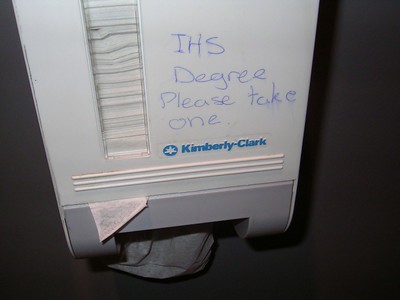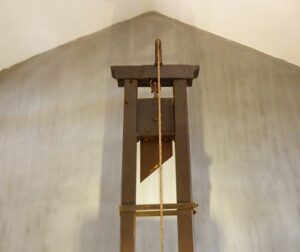A new study by centrist think tank Third Way draws some interesting conclusions about the way the American public sees higher education. It’s safe to say that the public perception of post-secondary education doesn’t always square with the data. The study reflects the views of just a small sample of voters, but it does reveal some concerning sentiments.
Based on the results of the survey, 80% of Americans think that a four-year degree is valuable. The perception of value is inversely related to the respondent’s age. In other words, the younger the respondent, the more value they see in a bachelor’s degree.
On the other end of the spectrum, respondents over the age of sixty-five perceived less value in a four-year degree than any other age bracket. According to the American Council on Education, adults over the age of sixty-five have the lowest educational attainment (42.4%) among all adults who are at least 25 years of age. Among all other adults between the ages of 25 and 65, 51.7% have earned at least a bachelor’s degree. Critically, among survey respondents aged 18-24, 85% believe a bachelor’s degree is valuable.
There is little doubt that today’s prime-age workers who have earned a bachelor’s degree have higher incomes and enjoy better working conditions than those who have not. Additionally, a growing proportion of occupations require post-secondary education of some sort, with most positions requiring at least a bachelor’s degree.
From the same survey, about 75% of respondents indicated that they view public community colleges favorably. Only vocational and trade schools enjoyed a more favorable public impression (77%).
So far, so good. But when asked about accountability in higher education, the respondents had a lot to say.
Continue lack of oversight will doom higher education
Seven out of ten respondents favored “Gainful Employment”-style restrictions on federal financial aid, regardless of the type of higher education institution or degree. The public wants accountability for the outcome of post-secondary programs of study. They believe that the Department of Education should bar the use of federal financial aid to finance studies in programs that do not lead graduates to jobs that enable student loan borrowers to repay their debts.
Further, they believe that institutions – regardless of public/private status or degree-type – should be barred from distributing federal financial aid if their graduation rate drops below 25%. Respondents also support minimum required expenditures on instruction, sanctions against institutions with high cohort default rates on student loans, earnings standards for non-degree career training programs, and annual publication of performance data for all US higher education institutions.
The day of reckoning is coming for higher education. And it’s coming – in part – because the governance mechanisms at higher education institutions don’t work. Trustees question little, demand little, and frankly, do little. Institutional governance and third-party accreditation are ineffective self-policing techniques that have created this crisis of confidence in American higher education. The chronic lack of oversight and the profound political polarization in institutional governing bodies are leading higher education institutions to the brink of failure. Increasingly, they are pushing institutions over this edge.
A word to the wise: start performing actual oversight. Failure to do so will result in federal financial aid reform that will render your “services” irrelevant.
Photo Credit: Neil Turner , via Flickr



















